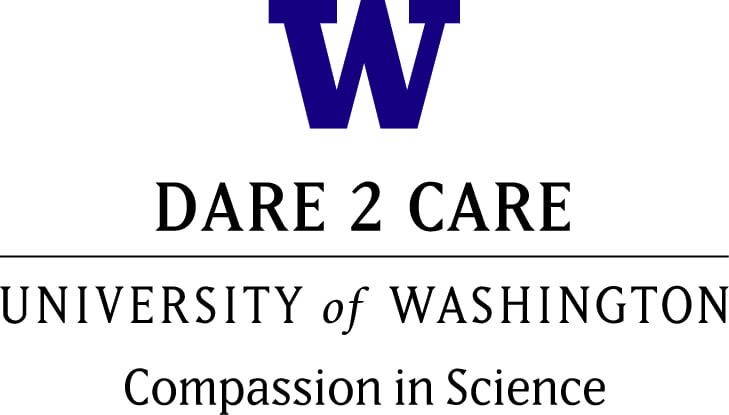WORLD VETERINARY ASSOCIATION CONGRESS 2018
Running on Empty: increasing awareness of Animal Welfare and
Compassion Fatigue through the One Health approach
Christina PETTAN-BREWER1,2, Peter RABINOWITZ3, J. Preston VAN HOOSER4 and Sally
THOMPSON-IRITANI4
1Department of Comparative Medicine, School of Medicine and 2One Health Brazil Latin America,
Brazil, 3COHR and 3Occupational Health, School of Public Health, and 4Office of the Animal Welfare,
Health Sciences Administration, University of Washington, Seattle, WA USA
One’s health is One Health. Compassion Fatigue (CF) is the “cost of caring” for other lives in
emotional, mental and physical pain (Figley, 1982). This talk will explore the integration of
One Health and CF as it relates to animal caregivers in a research laboratory setting. One
Health is the integrative effort of multiple disciplines to achieve optimal health for humans,
animals, and the environment. Together, the three make up the One Health concept triad,
and the health of each one is inextricably connected to the others. Mental health is a global
health issue and addressing it through an interdisciplinary approach with evidence based
medicine and biomedical research and testing has allowed us to recognize the signs and
symptoms early to allow for intervention that is appropriate, treatable and effective. CF is
characterized by deep physical and emotional exhaustion and a pronounced change in the
ability to feel empathy. It is marked by increased cynicism at work, a loss of enjoyment of
our career, and eventually can transform into depression, secondary traumatic stress and
stress related illnesses. The most insidious aspect of compassion fatigue is that it attacks
the very core of what brought one into their chosen profession: their empathy, care and
compassion for all creatures and beings. The human-animal bond in the field of lab animal
science exists in many forms. This bond, if understood and used consistently, can minimize
certain variables related to stress in the research animals. The Authors will introduce and
discuss the topic of CF as it applies to individuals who work directly with research animals
(animal caregivers, veterinarians/veterinary technicians, and research faculty and staff),
Institutional Animal Care and Use Committee’s (IACUC) and administrative staff. We will
reflect through 1.5-2 years of surveillance data collection in relation to both the causes and
impacts of CF at the University of Washington. We have found that it is important to
acknowledge an individual’s feelings of grief or bereavement at the use and death of
research animals, lab animal professionals may feel more validation thereby strengthening
their coping mechanisms and sense of purpose ultimately reinforcing their ability to sustain
or form new bonds and have a healthy productive career. Empathetic, caring lab animal
professionals ensure that research animals are treated humanely and with respect while
emotionally supported individuals who are caring and respectful toward research animals
are best suited to promote an enriching experience for the animals all in a work
environment that can decrease stress to both humans and animals. Compassion fatigue
support and the One Health approach are essential for the sake of the research team, the
animals, and maintaining the dignity of animal research and teaching. By learning more
about the grief process and by considering how we can console others, we can find ways to
improve our support system in the laboratory animal workplace. Such support will help to
maintain a healthy and productive climate in the animal research environment for both
humans and animals.
